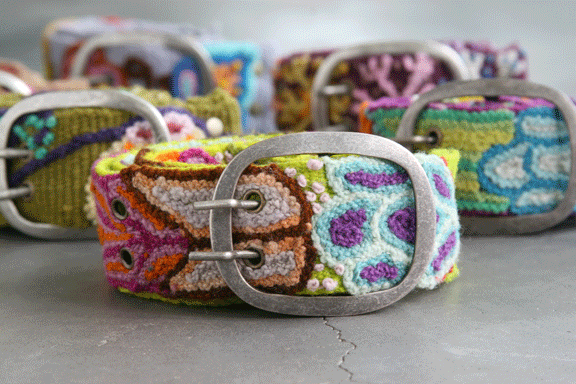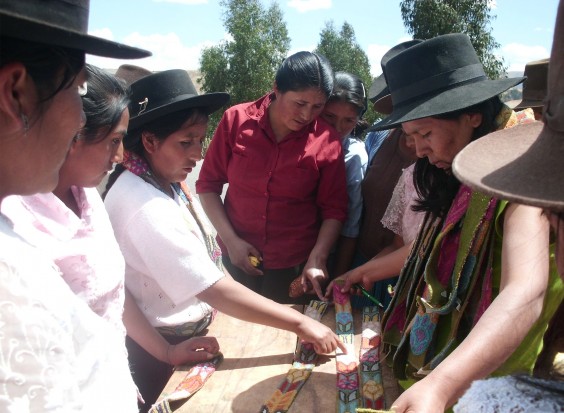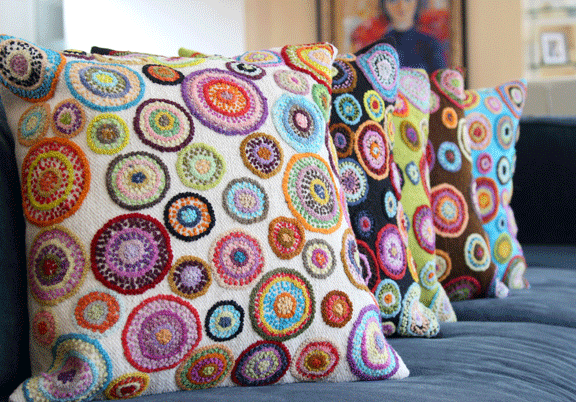Is it time for you to take your business to the next level? Get tips, advice, and your questions answered at UncommonGoods’ third design panel and happy hour – How To Make It: Scaling Up Your Creative Business – taking place in Brooklyn, NY on August 28th. The panelists have experience advising businesses and personal experience with scaling up, like panelist, Jenny Krauss.
Jenny’s business started in 2008 with a love of Peruvian traditional embroidery. Today, her business employs 1600 artisans, who make anything from pillows to belts, while earning a steady income and preserving their local culture.
Without further ado… meet Jenny!
What is an uncommon fact about yourself?
In college and grad school, I never took a business, accounting, or economics class and I knew nothing about starting a company. I did a lot of research, picked people’s brains and realized it’s mostly common sense. Now I enjoy advising start-ups as best I can.
What products are you responsible for?
Belts, bags, pillows, shoes, luggage tags and whatever else I decide to produce; all hand woven and hand embroidered in wool or cotton.

What advice would you give to designers who think they are ready to take their business to the next level?
Take it one step at a time and don’t get deep into debt. I’ve read in business books that a common mistake for new companies is to overestimate sales. Having to manufacture more is better than getting stuck with too much inventory. Depending on your product, research your market and consider possibilities in addition to manufacturing, such as selling or licensing your designs.
What tools do you use to manage your time and stay productive?
I keep a to-do list that is with me at all times. Everything, important or trivial, is written down so it won’t be forgotten. Don’t spend work time on non-work activities like tweeting with friends, surfing the web, etc.

What advice would you give yourself when you were first starting out?
I funded my business with my own savings so if I failed I wouldn’t owe anyone money. If this is an option, I suggest using it. Or, go to family, friends, and funding sites such as Kickstarter before going to a bank. And be prepared to work long hours.
What does a typical workday look like?
I start out thinking I know what’s ahead for the day and then, almost always, something comes up, either from a customer or a supplier, and I have to stop everything and deal with it. Today is a perfect example; e-mails to one of my producer’s in rural Peru keep bouncing back. I did some research online and it turns out her domain name has expired. I’m sure she has no idea about how to fix this so I’m trying to track her down and not having much luck. There is no typical day!

What does scaling up mean for you?
My business only scaled up when there was revenue to do so. Meaning, strong sales propelled it forward, and earned money provided the funds. I added more products to the line but didn’t have to add more employees here in the US. The group of artisans in Peru swelled from 300 to 1600 which puts pressure on me to keep sales up.



No Comments